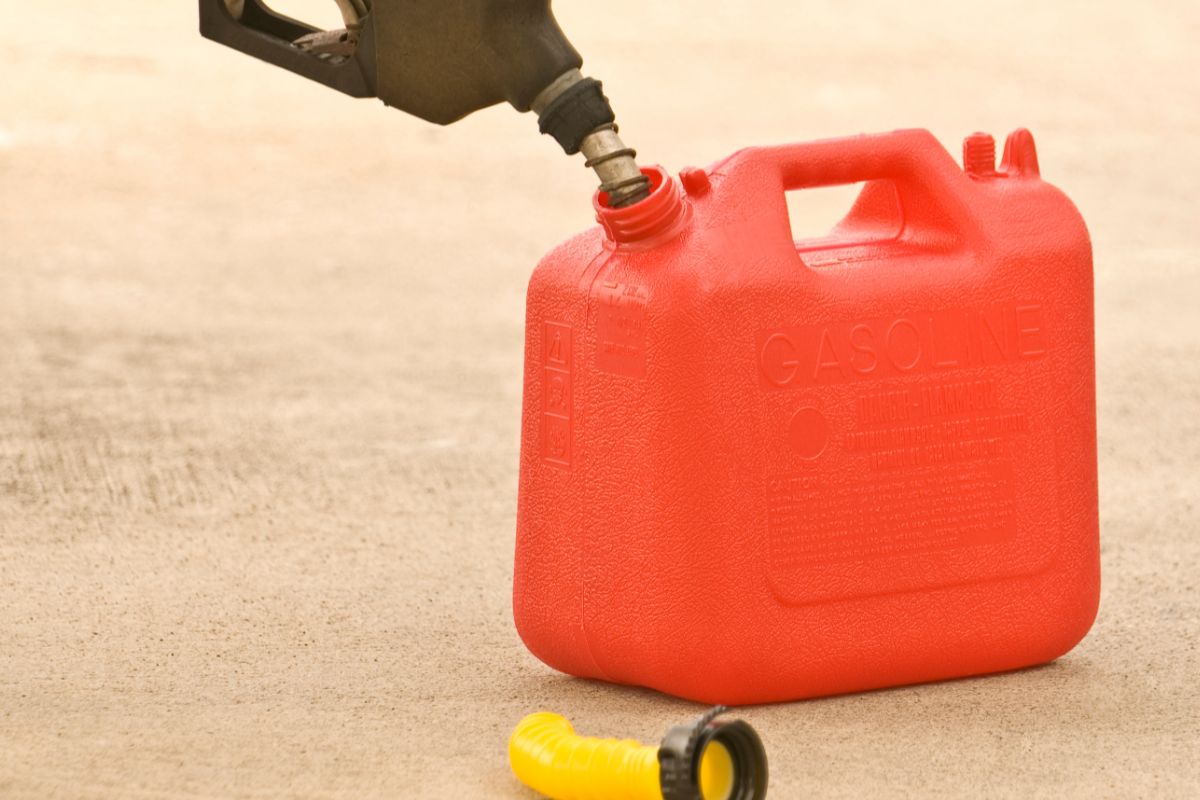Have you ever been confused at the petrol pump? Trying to decide between the two octanes of petrol, 91 and 98? We’ve all been there. But how do you know which one is right for your car? How can you mix these two types of fuel – if at all?

In this article, we’ll answer these questions and more. You’ll learn about the differences between 91 and 98 octane fuels, when to use them, and what happens if you mix them together.
With this information in hand, you’ll be able to make an informed decision when it comes time to fill up your tank.
What's The Difference Between Fuel Types?
The type of fuel used in a vehicle can have a major effect on its performance and efficiency. There are several types of petrol commonly available in the UK, including 91 and 98 octane ratings.
91 octane petrol is the most common type, often referred to as regular unleaded fuel. It contains less octane than 98 petrol and is intended for use in cars with lower compression engines.
It’s also cheaper than 98 octane, making it a popular choice among drivers who don’t need higher octane levels.
98 octane petrol is more expensive and has a higher octane rating than 91 petrol. It’s best suited for cars with higher compression engines, as it provides better performance and improved engine protection against knocking.
Standard Unleaded Petrol (91)
Standard unleaded petrol (91) has an octane rating of 91 and generally should only be used in vehicles designed to run on this type of fuel.
Vehicles designed to use higher octane fuel, such as 98, may not perform correctly when fuelled with 91 petrol. In addition, they may emit more emissions than they would if they were running on a higher octane fuel.
Furthermore, mixing 91 and 98 petrol could result in a decrease in performance due to the difference in the octane ratings of each type of fuel.
For these reasons, it is generally not recommended to mix 91 and 98 petrol. If you’re unsure which type of fuel your vehicle requires, consult your vehicle manufacturer or owner’s manual for further advice.
Premium 98-Octane Unleaded
As we’ve mentioned, premium 98-octane unleaded petrol is the highest grade of petrol available. It’s a powerful fuel, designed to provide maximum performance and efficiency.
There are many benefits to using premium 98-octane unleaded petrol, but It’s definitely best to stick with one grade of fuel when filling your tank, rather than mixing different grades.
Doing so will help ensure your engine runs smoothly and that you get the most out of your vehicle’s performance.
What Happens If I Put The Wrong Fuel In My Car?

As we’ve seen mixing unleaded octane levels may affect performance but is unlikely to cause any permanent damage, but what about the fuel type?
Using the wrong fuel type can cause serious damage to the engine in your car, especially if you put unleaded in a diesel engine or vice versa. It is important to know what type of fuel your car needs before filling up.
Here are 3 potential risks of putting the wrong fuel in your car:
- Damage to the engine components.
- Clogged fuel injectors.
- Inability to start the vehicle.
In addition, if you put diesel into a petrol car, it could be very difficult and costly to remove it from the engine and repair any damage caused.
So it is always best to double-check which type of fuel your car requires when you buy a new car and maybe add a reminder in the car before you fill up. It could save you a lot of money.
Can I Use A Lower Octane Fuel In My Car?
As the saying goes, “You get what you pay for”. When it comes to petrol, this is especially true.
Many cars require a specific octane rating in order to function properly and efficiently. Using a lower octane fuel can result in decreased performance and could even cause damage to the vehicle.
The octane rating of a fuel indicates its ability to resist engine knocking or pinging, which occurs when the fuel-air mixture combusts too early in the combustion cycle. Higher octane fuels are more resistant to knocking and pinging than lower octane fuels.
If you use a lower octane fuel in an engine designed for higher octane, then it may suffer from decreased engine performance or even internal damage such as bent pistons or melted spark plug electrodes.
Using an incorrect octane can also cause problems with the emissions’ system of your car, resulting in excessive pollutants being released into the atmosphere. This could lead to fines or other penalties depending on where you live and drive your car.
Can You Save Money With Different Fuel Types?
Have you ever wondered if changing fuel types can save you money? Different fuel types come with varying costs, so it’s worth considering the options before you purchase a car.
It’s also important to know where to shop for the most affordable prices. Shopping around can help you find a good deal, and many sites allow you to compare different retailers and their prices.
Some retailers offer rewards programs, which can result in additional savings over time. All of these factors should be taken into account when selecting a fuel type that makes sense financially.
Making an informed decision about which fuel type is right for your vehicle can save you money and time in the long run.
Researching how each fuel type affects your car and finding out where the best prices are available ensures that you’re getting the most bang for your buck.
Conclusion
In conclusion, it’s important to know what fuel type is right for your car. If you put the wrong fuel in your car, it could be costly. It’s best to stick with a higher octane fuel if you can afford it, as this will ensure that your engine runs smoothly and efficiently.
You may not be able to save money by using a lower octane fuel, but you may find that you can get away with it – just don’t take any chances.
